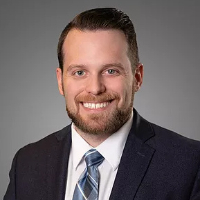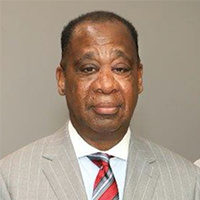Cornelius RICO Act Lawyer, North Carolina
Sponsored Law Firm
-
 x
x

Click For More Info:
-
The Law Offices of Andrew L. Gordon, PLLC.
725 E. Trade Street Suite 205 Charlotte, NC 28202» view mapCriminal Defense Law Fighting For Your Rights
Everyone knows that the law is not a simple topic. But when you meet with a Gordon Law attorney, the confusion will clear up before you know it.
800-941-2360
Not enough matches for Cornelius RICO Act lawyer.
Below are all Cornelius Criminal lawyers.
Carlos R. Emory
✓ VERIFIEDAccident & Injury, Divorce & Family Law, Criminal, Consumer Rights, Immigration
C. Randy Emory was born and raised in the small, rural town of Wilson NC. Throughout his childhood, Mr. Emory displayed many leadership qualities. In ... (more)
Rush Price Watson
Traffic, Family Law, Divorce & Family Law, Criminal
Status: In Good Standing Licensed: 24 Years
Hannah R. Bell
Litigation, Estate Planning, Family Law, Criminal
Status: In Good Standing Licensed: 19 Years
Haden Edward Knox
Workers' Compensation, Accident & Injury, Divorce & Family Law, Criminal
Status: In Good Standing Licensed: 61 Years
Mark T Davis
Personal Injury, Wrongful Death, Criminal, Litigation
Status: In Good Standing Licensed: 12 Years
Michael Gregory Whitfield
Litigation, Estate Planning, Family Law, DUI-DWI, Criminal
Status: In Good Standing
Kristy Michelle Avery
Criminal, Traffic, Personal Injury, Family Law
Status: In Good Standing Licensed: 11 Years
 Andrew Gordon Charlotte, NC
Andrew Gordon Charlotte, NC Practice AreasExpertise
Practice AreasExpertise

